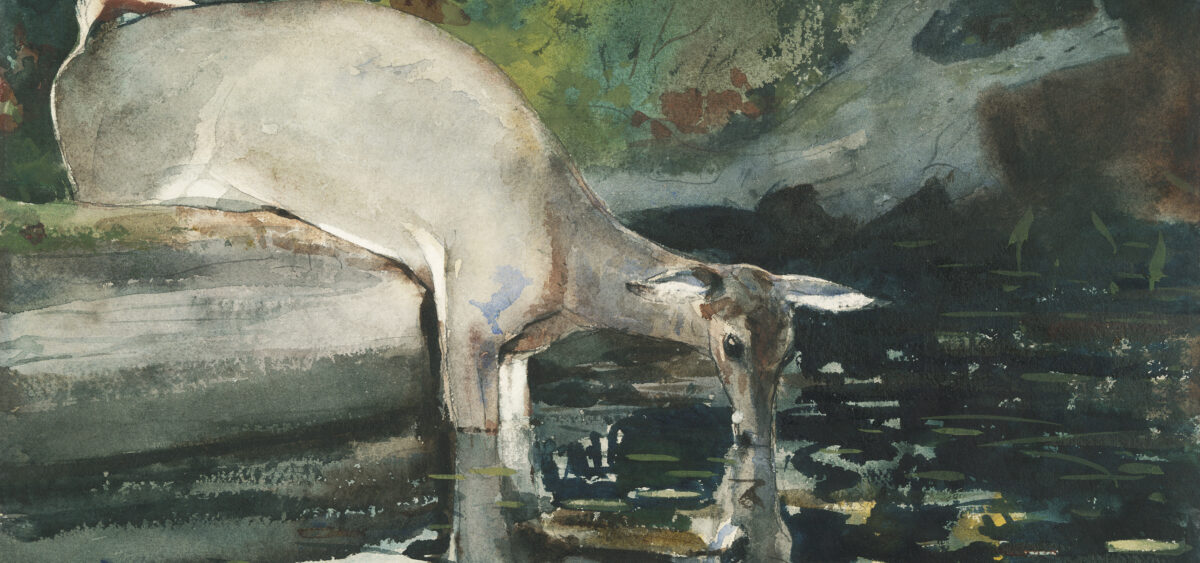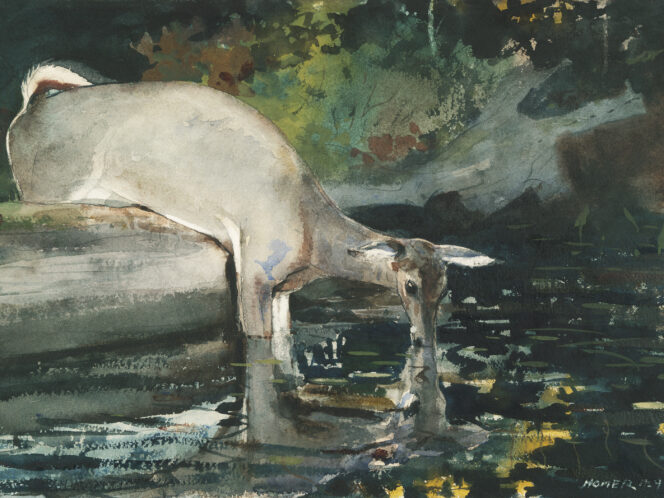
To survive heat, lizards dance on hot sand and beetles hunt tiny pieces of fog at dawn. People shelter under trees, and trees under their bark.
Heaven has broken into two uneven pieces. The higher one is an exhausted, worn-out, faded blue blurred into a beautiful gradient ending in a deep azure over my head. Heat pours down from it. The smaller part, squeezed in right over the gray space spreading out in all directions, is as thick as the sweet local wine. It undulates like crazy, breaking into vibrating frills, the light rays rushing over the horizon. I sit under a spreading cork oak, Quercus suber. Both of us pretend we’re doing well. Me, by telling myself this Portuguese hell is a well-deserved rest from the nearby scientific conference. The oak, in the hopelessness of its motionlessness, becomes even more motionless, freezing the frames of photosynthesis and biochemical cycles and holding its breath, squeezing shut its billions of microscopic mouths. On the back of my head (yes, you talk with a tree by feeling its fixity on your back and the back of your head) I sense the nodes of cork bark, puffed out by years of growth, surprisingly not warm on this inferno of a day. It doesn’t surprise me at all; after all, how could it? Instead, I admire the engineering genius and foresight that, without reading even a single chapter








